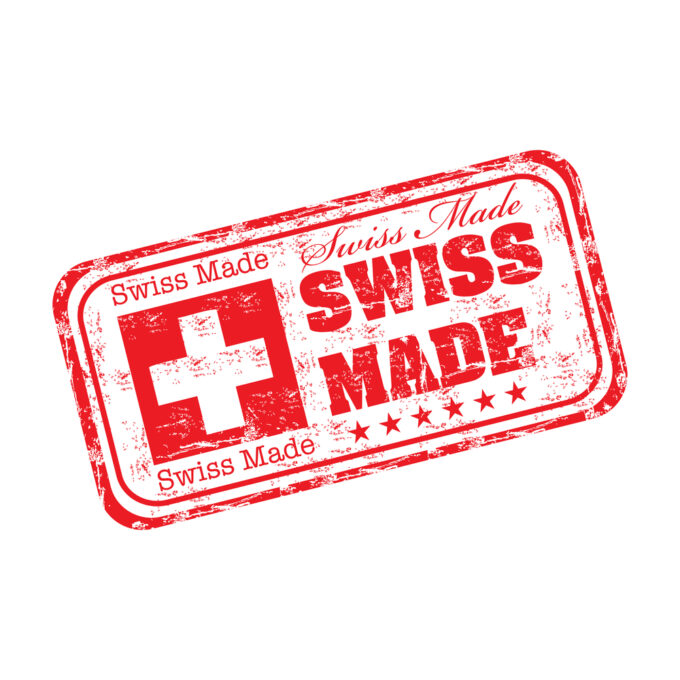The trademark "Switzerland" is adequately protected, but ...
According to studies, the legal criteria for the protection of Swissness fulfil their purpose. They bring added value to the Swiss economy and lead to a reduction in Swissness abuses, particularly in Switzerland. However, potential for action is identified in enforcement abroad and in dealing with the exemption provisions in the food sector.

Since 1 January 2017, legal rules have applied to products and services that producers want to advertise with a Swiss cross or "Swiss Made", for example. These rules are intended to better protect the "Switzerland" brand from free riders and to secure an important competitive advantage for companies producing in Switzerland in the long term.
Swissness legislation brings in over a billion francs a year
The studies prepared by independent consulting and economic research institutes show that, overall, the Swissness legislation has a moderately positive effect on the Swiss economy. The calculated overall net economic benefit of the revision, i.e. after deduction of the new costs incurred to comply with the legal requirements, is at least 0.2 percentage points of the annual economic output (gross domestic product). In absolute terms, this corresponds to around CHF 1.4 billion annually, or CHF 163 per capita. This figure also includes indirect effects, since in addition to producers, other players in the economy benefit from the new legislation and thus contribute to the aforementioned economic benefit, such as suppliers and exporters.
Need for action abroad and in the food sector
With regard to the enforcement of Swissness, companies from all sectors report a decline in Swissness abuses at home, thanks in part to greater awareness. Since the measures available in Switzerland to combat abuse are not applicable abroad, enforcing the protection of indications of source abroad is particularly difficult. The authors of the study therefore recommend expanding the network of bilateral agreements. They also identify potential for improvement in the areas of information and enforcement in cooperation with associations and industries.
According to the authors, the legal criteria in the areas of industry and services should not be changed. On the other hand, there is a certain need for action in the food sector. While the importance of Swissness for the marketing of foodstuffs is relatively high, the companies are at the same time rather critical of the implementation of Swissness. Here, the authors recommend the use of domestic value added instead of domestic raw material content - as is the case with industrial products. Such a uniform criterion for food and industrial products was already proposed by the Federal Council in the course of introducing the legislation. However, the proposal met with little approval, particularly from agricultural and consumer organisations and food producers. Alternatively, the procedure for granting exemptions in the food sector should be simplified and made more transparent.
No need for revision from the Federal Council's point of view
Based on the results of the study, the Federal Council concludes that the new Swissness legislation is achieving its goal overall. In its view, there is therefore no need for fundamental changes to the system. Where the evaluation has identified potential for improvement, the Federal Institute of Intellectual Property and the Federal Office for Agriculture are to examine concrete measures. For example, adjustments should be made to the exceptions in the foodstuffs sector at ordinance level and cooperation with the circles concerned should be intensified.
Source: Federal Government, Report of the Federal Council









